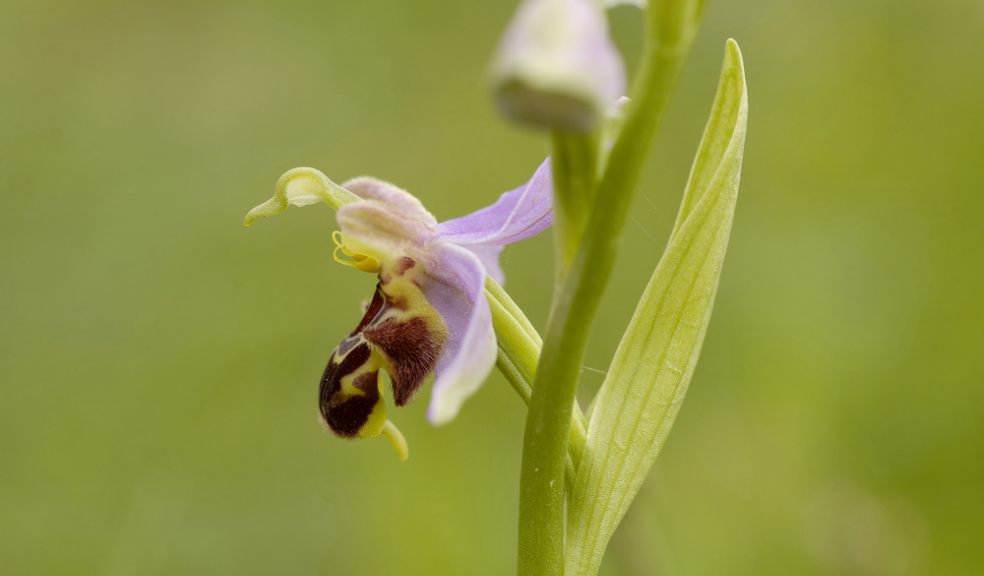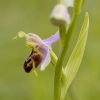
Wild weather leads to the Year of the Slug & Orchid
According to National Trust wildlife experts, unsettled, unpredictable and at times chaotic weather has meant that last year was a particularly challenging one for wildlife.
Whilst birds and insects have struggled, slugs and orchids have done well throughout Britain in our special places.
Matthew Oates, Naturalist at the Trust, said: "This has been a highly polarised year, with wildlife in the places we look after doing either remarkably well or incredibly badly.
"In general, plants and slugs were the big winners and insects the big losers. But even in this wet summer some insects did surprisingly well, at least in a few places.
"Our wildlife, farmers, horticulturalists and rural tourism and recreation industries are all long overdue a good summer, having suffered poor ones since 2006.
'Surely we are due a good one next year?'
A spring of two halves...
It was a spring of two halves with the warmest March since 1910 and the implementation of drought orders across England, followed by the wettest April on record. The April downpour had a detrimental impact on fruit harvests in the autumn as the spring rains washed away the blossom resulting in a very bad year for English apples across the board and autumn fruits and berries such as sloes and holly berries.
A poor summer...
Another poor summer has hit British wildlife hard as it struggled to cope with the very wet conditions and a distinct lack of long dry summer days, though some species have gone against the flow and thrived.
It was a bad summer for the insect pollinators and even those flowers that were pollinated have struggled to set fruit in the ongoing wet weather with a knock-on effect for birds and animals that depend on these crucial food sources.
Bees, butterflies and hoverflies suffered a setback in 2012 because of the mixed weather, becoming generally very scarce, though there were welcome exceptions in some places where the Chalkhill blue and dark-green fritillary did spectacularly well. The good news for summer picnickers last year was that there were hardly any common wasps.
A good year for slugs
The one big winner in 2012 was the slug, with reports of a giant Spanish super slug invading our back gardens. One impact of the damp conditions has been rapid grass growth with a knock-on effect for smaller plants (such as bastard toadflax) and insects including grasshoppers, which need warm bare ground pockets.
Orchids have also been big winners this year. They’ve had a fantastic year almost everywhere, with reports of stunning flowerings from all over England, Wales and Northern Ireland.
It’s been a very patchy breeding year for birds, with many nests being abandoned due to bad weather and/or shortage of food, even in gardens. There was also a lot of storm and flood destruction, to cliff nesting birds and birds that nest along riverbanks.
Mammals also had a mixed year, with bats having an especially difficult time. Water mammals have also suffered greatly, with water vole holes and otter spraints (making recording difficult) being washed away in the heavy floods.
Animal sanctuaries are now being inundated with underfed hedgehogs. Dormice also had a poor breeding season. A more predictable autumn saw a quite late display of autumn colour as the leaves turned ahead of the winter months.
If you would like to support the National Trust in the work that they do, become a member. For more information click here or call 0844 800 1895.


















